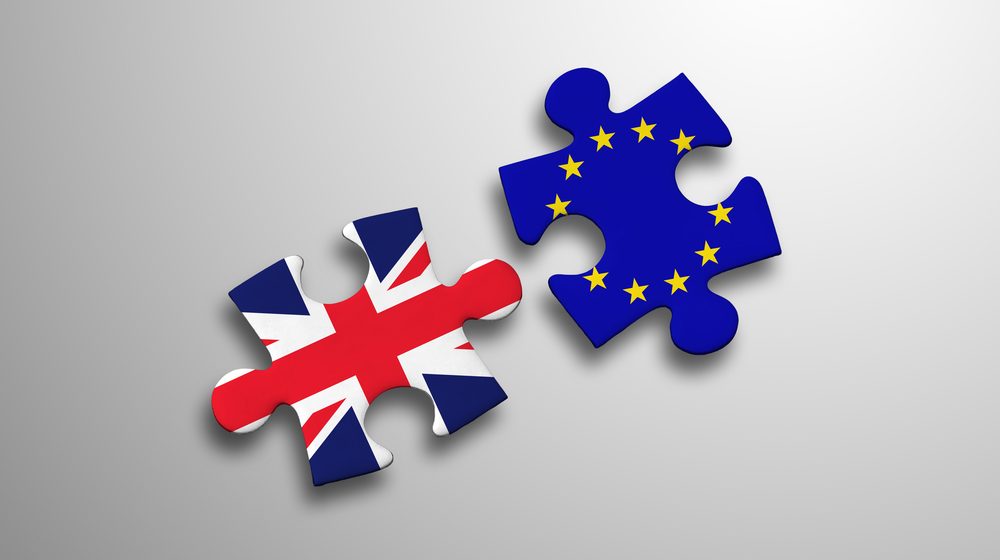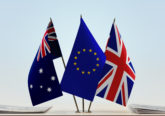President Donald Trump promised a “very big trade deal” between the US and the UK after Brexit. Prime minister Boris Johnson, however, was less certain, stating that it will not be “plain sailing.” As third prime minister since the Brexit referendum, he is aware that at the moment “the only certainty is uncertainty.” While Mr. Johnson insists that Brexit will take place on 31 October, it remains unclear what will come after Brexit.
Brexit optimists paint a picture of unbound potential. Britain freed from the shackles of the EU and Common Market rules and regulations, is able to freely negotiate new trade deals. Embracing the Commonwealth is presented as alternative to remaining in the EU, which is seen as being both needy and corrupted. Brexiteers not only claimed that Britain not send around 20 billion GBP to Brussels every year, but by being able to decide on its own fishing and farming policies, these industries would be better off. By leaving the EU, they claim Britain would win back control over its borders and integrity of being an independent nation. This is the dream scenario for Post-Brexit Britain.
The reality, however, is that the ‘good old days’ when the sun never set on the British Empire are gone for good. No degree of nostalgia or wishful thinking will bring them back. Instead, Britain might be in danger of becoming a colony of their old colony. The US is not even waiting for the divorce between the UK and the EU to be finalized to make advances towards Britain. However, any trade agreement with the US will likely do little to protect the UK’s market against American corporate interests. The NHS is the prime target for US medical companies, as they see lucrative business opportunities in the provision of health care with the NHS spending around 140 billion dollars annually. Health providers and medical companies are waiting anxiously for a trade deal that would allow them to enter the British market to sell their products and services more easily. Diminished by the Brexit turmoil and desperate for finding new partners, Britain will be in a suboptimal negotiation position.
To make matters worse, the alternatives are not as promising as they are often made out to be. The Commonwealth as an organisation is in need of dramatic reforms, and has a rather limited purpose and purview currently. Mr. Johnson, though, is very optimistic, about strengthening and deepening ties within the Commonwealth. While it may be too early to assert that the UK cannot substitute its relation to the EU with Commonwealth countries, reports and government plans are indicative of the limited potential and significant problems laying ahead. Trade deals are not only technically complex and take time complete under any circumstances, but free trade agreements have become increasingly politically toxic in recent times.
Post Brexit, without a doubt, Mr. Johnson will try to secure new trade deals and extend existing ones. There is little reason, however, to be overly optimistic. Other countries –least the US under Trump– will not act out of charity towards Britain, but rather will be trying to capitalize on Britain’s post-Brexit dilemma and desperation to finding new trading partners as soon as possible. Thus, it is easy to foresee how the post-Brexit dream scenario might turn into a nightmarish reality. While many Leave supporters were hoping of bringing back the glory of the colonising past, the future after Brexit might rather usher in being colonised by US and other business interests.





